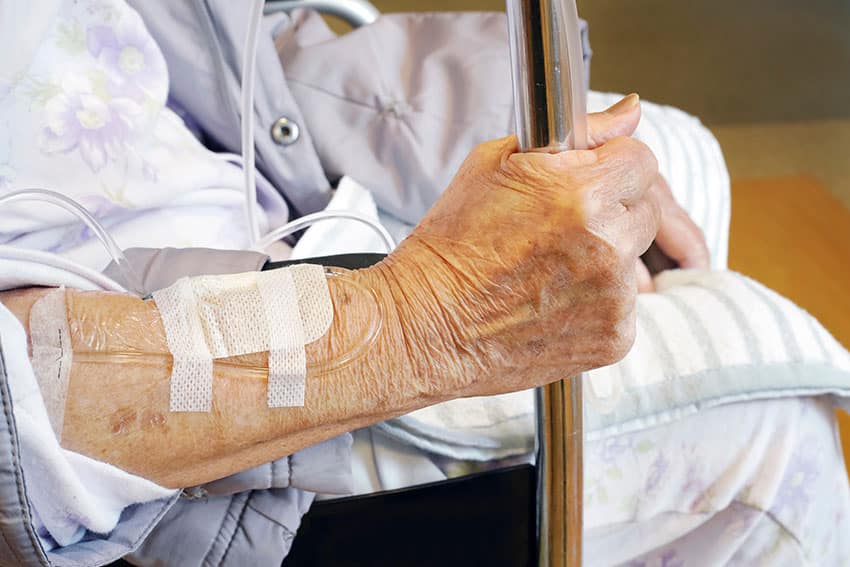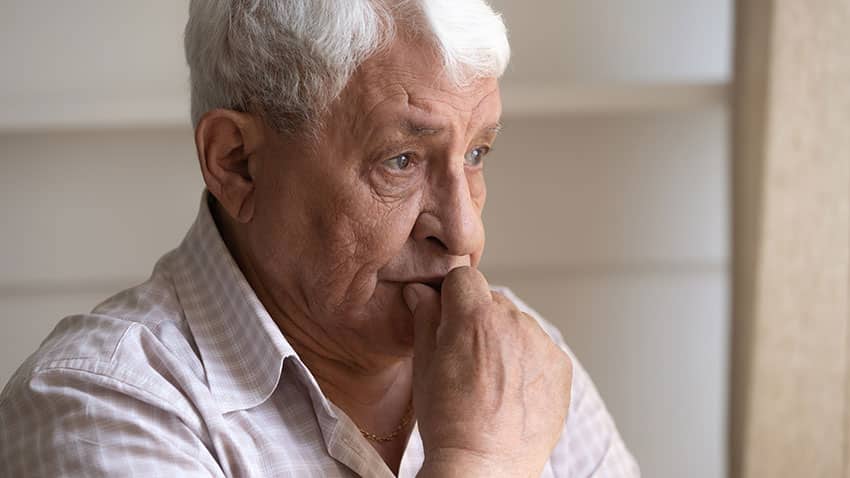
Catholic Health Australia has stepped up its opposition to NSW’s assisted dying legislation with a campaign calling for better access to palliative care instead of assisted dying.
The peak advisory body represents more than 80 Catholic not for profit hospitals, and 25,000 aged care beds nationally and looks after thousands of patients and older people in NSW every day.
CHA is deeply concerned that the Bill – now before the NSW Parliament – places the most vulnerable in our society – those as young as 18, many older Australians, as well as people with a mental illness or disability – at risk.
Campaign launched – legislation full of risks
Today its members kick off its campaign – Another Option – calling on the community, including people of faith to send a message to MPs calling on them to exercise both their conscience and judgement and vote down the Bill.
Ads promoting the site will appear in the Catholic newspapers and publications around the state.
“This Bill is full of risks for the most vulnerable in our society and is not a compassionate direction for our State. For example, those doctors assisting the person to die are not required to be specialists in the patient’s illness,” Nicole Clements, CHA Director of Mission & Strategy said.

Danger: inaccurate prognoses
“Because the doctor doesn’t need to be the patient’s treating physician, this could lead to a doctor approving based on an inaccurate prognosis.”
“We are also concerned that the time between the first and final request by the patient for assisted suicide under this legislation can be as short as five days – almost half that in other states.”
“We are also concerned that the time between the first and final request by the patient for assisted suicide under this legislation can be as short as five days – almost half that in other states.”
Palliative Care access ‘a lottery’
“Access to palliative care in New South Wales is a postcode lottery.
“These laws will provide terminally ill people in areas where palliative care isn’t universally available with the impossible ‘choice’ of ending their life prematurely or living with pain,” Ms Clements said.
“Until every person who needs palliative care can access it, we run the risk of steering vulnerable people towards a hastened end. That’s not a compassionate direction for our State.”
Urgent need for better access to care
“That’s why we are opposing this Bill and campaigning for better funding for palliative care and asking all NSW residents to tell the NSW Parliament there’s a better option than assisted dying,”
“Palliative care has come on in leaps and bounds over the past decade. Instead of forcing vulnerable people to choose between pain and death, our politicians should provide funding for modern palliative care.”
“This type of treatment extends lives, increases patient comfort and provides compassionate psychosocial support to people who are dying and their families.”
The serious concerns of health providers
CHA opposes the NSW Voluntary Assisted Dying law for several reasons:
- Clinicians working for its members subscribe to the ancient foundational principle on which medicine is based: that we should do no harm.
- It believes human life is sacred, worth protecting, and has inherent dignity and value.
- It is deeply concerned that the VAD law will place the most vulnerable – the aged and those with a mental illness or disability – at greater risk.
Related
